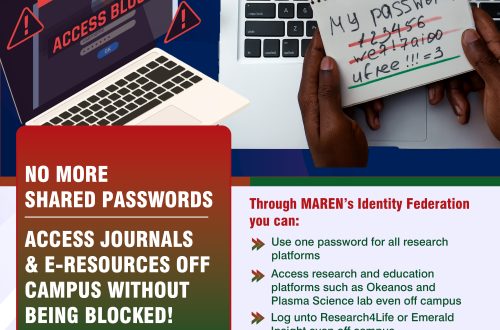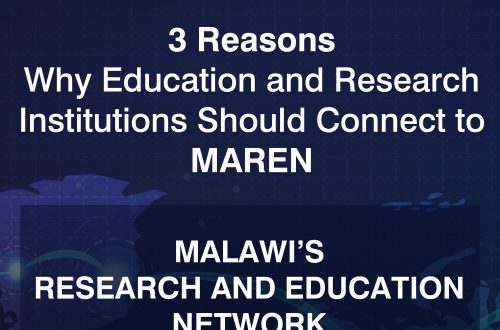
A recent feature published on the World Bank’s official website highlighted the transformative impact of digital connectivity initiatives in Malawi, with a special acknowledgment of the Malawi Research and Education Network (MAREN) for its crucial role in expanding internet access to higher learning institutions. This recognition offers a closer look at how the Digital Malawi Project has revolutionized education through strategic investments in connectivity and digital infrastructure.
From 2017 to 2024, the Digital Malawi Project, backed by $72.4 million from the International Development Association, has made a powerful impact on digital connectivity across the country. Over 8.5 million Malawians have gained improved access to the internet, bridging the digital divide and empowering communities.
A key milestone of the initiative was the installation of free Wi-Fi hotspots in 81 higher learning institutions, directly benefiting more than 83,000 students. These students, many of whom previously struggled with costly data plans or unreliable internet access, can now study, research, and connect more easily than ever before.
For students like Wezzie Matalala, the transformation has been life-changing. She’s just weeks away from graduating with a degree in Agriculture Education from the Lilongwe University of Agriculture and Natural Resources (LUANAR). She attributes a significant boost in her academic performance to the free MAREN Wi-Fi, which allowed her to spend hours on YouTube, Google Scholar, and other digital platforms exploring research tutorials, e-books, and agri-tech content that once seemed out of reach.
“Agriculture Education demands constant learning and staying updated with new developments,” Wezzie shares. “Before, I barely had access to the internet. My research suffered, and so did my grades. But with the free Wi-Fi, everything changed—I had access to everything I needed, right at my fingertips.”
Another voice of praise is Lucy Banda, a third-year education student at the University of Malawi. She lights up when describing how accessible the MAREN Wi-Fi is, even in the dorms and common spaces around campus. Lucy recalls the challenges she faced during the COVID-19 pandemic, when online learning became the norm. With limited Wi-Fi coverage and unaffordable data costs, many students were forced to crowd into the few areas with a signal—undermining health protocols in the process.
Now, thanks to the project’s upgrades, she says students no longer have to make those impossible trade-offs between safety, cost, and learning. Although the Digital Malawi Project officially concluded in October 2024, its legacy lives on through a new initiative: the Digital Malawi Acceleration Project. Funded by the World Bank’s Inclusive Digitalization in Eastern and Southern Africa (IDEA) Program, this next phase will extend internet access to 2,000 schools and provide affordable learning devices to students across the country. The mission continues—to broaden digital inclusion and ensure that every Malawian, no matter where they live, can benefit from the power of the internet.
Subscribe To Our Newsletter
Get updates and learn from Us
More To Explore

Breaking the Campus Barrier: How Malawian Students and Researchers Are Accessing Knowledge Anywhere
For years, access to global academic resources in many Malawian universities came with clear limitations.

3 Reasons Why Malawi’s Education and Research Institutions Should Connect to MAREN
The Malawi Research and Education Network (MAREN) supports universities and research institutions across Malawi to
